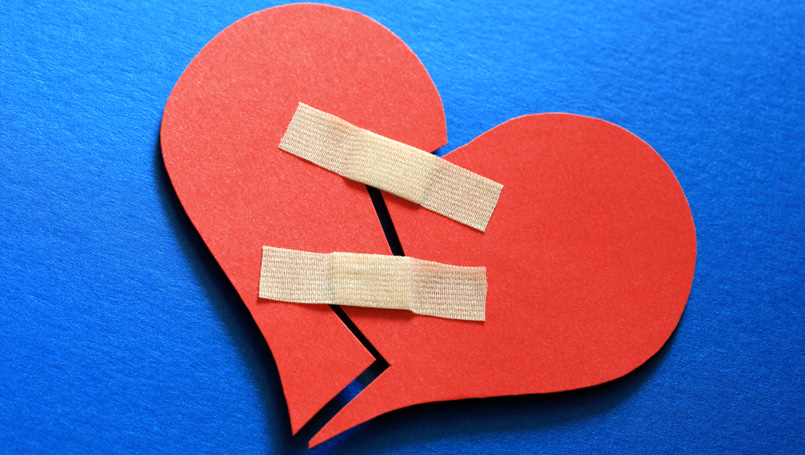
When someone has a heart attack, getting early and effective treatment is critical to limiting damage to the heart muscle.
“Ninety minutes is kind of the acceptable norm,” says Dr. Abedelrahim Asfour, director of the cardiac cath lab at Beaumont Hospital, Trenton. “The sooner, the better. Ninety minutes is where we can prevent a lot of the damage to the heart muscle.”
Most heart attacks occur as the result of an immediate and sudden blockage of the arteries, Dr. Asfour says. As a result, the heart muscle loses nutrients and blood supply. “That could lead to arrhythmia, or irregular heartbeats, a weakening of the heart muscle and ultimately, congestive heart failure.”
Early treatment
If you or someone you know thinks they are having a heart attack, take a dose of aspirin - and chew it to absorb it more quickly - to thin the blood and prevent any further blood clots from forming to minimize the risk of further injury. Then, call 9-1-1 for help. You can also help someone you suspect has had a heart attack and is unconscious by performing CPR.
“Avoid the guessing of whether it’s my stomach or it’s my heart,” Dr. Asfour says. “If they suspect it’s a heart attack, take an aspirin and call 9-1-1.”
At the hospital
After confirming the diagnosis of a heart attack, patients are taken for an emergency procedure to open up the blocked arteries. Typically, doctors will insert a catheter through a small opening in arteries of the groin or wrist and advance it to the heart to confirm the location of the blockage, a procedure known as percutaneous coronary intervention or PCI, and perform angioplasty or stent placement.
The goal of the procedure is to restore blood flow to the heart. They may also give the patient medications, such as ACE inhibitors to lower blood pressure, or anticoagulants to prevent clots.
“If we cannot treat it with the angioplasty or the stent, or they have multiple blockages, then we refer them to surgery such as coronary artery bypass graft or CABG,” Dr. Asfour says.
After you leave the hospital
A patient’s treatment doesn’t end once they’re discharged. They’ll undergo follow-up appointments with their doctor and plenty of education about what led to the heart attack and how best to treat it.
They’ll also likely undergo a cardiac rehabilitation program, an exercise program involving treadmill or stationary bike usage while wearing a heart monitor so specialists can monitor your EKG levels and your vital signs.
“It’s a major event in their life and they have to go through a psychological recovery as much as a physical recovery,” Dr. Asfour says.
Depending on the damage incurred to the heart, patients can generally return to normal activities - unless those normal activities including smoking, being sedentary or eating lots of unhealthy, fried foods.
“I ask patients to own it, in a sense,” Dr. Asfour explains. “To learn about it, be their own advocate. I don’t just want them to be receiving pills and doing whatever I tell them. I want them to challenge the status quo. To be more active in their own care.”
